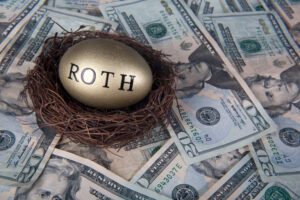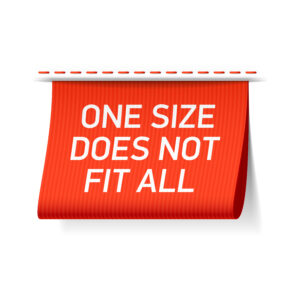Why Are the Ultra-Wealthy So Good at Avoiding Taxes?
While many in the media, as well many lawmakers on the left, would have you believe that the nation’s wealthiest individuals are really good at skipping out on their taxes and that they don’t pay their fair share, the fact is, in most cases, that’s not true. Yes, it is true that many of he richest people in America pay fewer taxes than most of their employees. However, they use perfectly legal means to accomplish that.
So to be clear, while the rich might pay less than some people think is fair, that does not mean they cheat on their taxes. In fact, the rich manage to achieve this feat simply by doing one of two things. They either know how to manage their money and finances very well, or they hire someone to do it for them. Tax planning is an art, and when done right the nation’s wealthiest individuals avoid paying more than they legally have to.
Again, they are not cheating they are just being smart. There are several methods the rich, and their tax planners, use to keep their tax bills down. Whether it’s through prudently managing capital gains, modifying your income, using proper borrowing strategies or through tax deferral, all these measures are legal and will keep your tax bill down.
If you count yourself among the nation’s wealthier class and you are looking for ways to save more money on your tax bill, then you should contact GROCO. We have been helping wealthy individuals manage their money and plan for their taxes for decades and we can help you too. Please contact us for more information by clicking here or give us a call at 1-877-CPA-2006.
The Roth Way to Riches
The Roth Way to Riches By Roy Lewis With all the recent tax-code changes, it seems a number of taxpayers have forgotten the Roth IRA. That’s a shame, because it’s far more than an ordinary retirement savings account. Roth IRAs are tax-favored accounts to which qualified taxpayers can make non-deductible, after-tax contributions. Those contributions can…
Health Savings Accounts (HSAs)
Health Savings Accounts (HSAs) Medicare legislation enacted in December 2003 provides for a prescription drug benefit that won’t exist until 2006. But also part of the new law is a provision that went into effect on January 1, 2004—the creation of the Health Savings Account (HSA). By opening an HSA, you may be allowed to…
Choosing Your Executor and Trustee
Choosing Your Executor and Trustee You know that it’s vital to make a proper will and keep it up to date. No less critical is the need to select your executor or personal representative with care. You may believe that any friend or relative whom you might select could do the job. Perhaps so. But…
Estate Planning is Not “One Size Fits All”
Estate Planning is Not “One Size Fits All” Married, never married, widowed, divorced—each of us has unique needs when it comes to how and to whom we make our bequests. Here, in a brief discussion, are a few checkpoints for developing an estate planning strategy for people who are on their own. Review your will…




